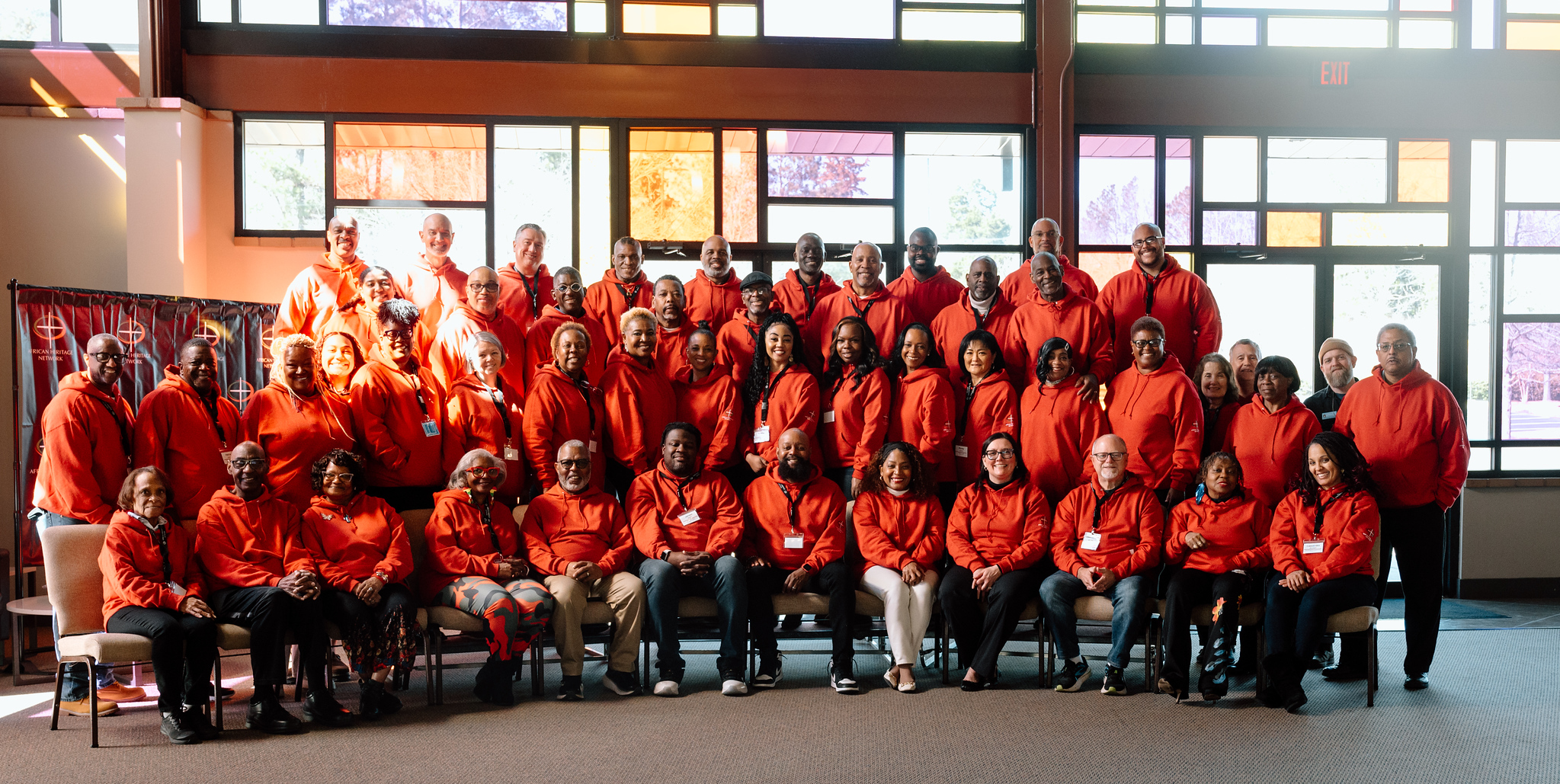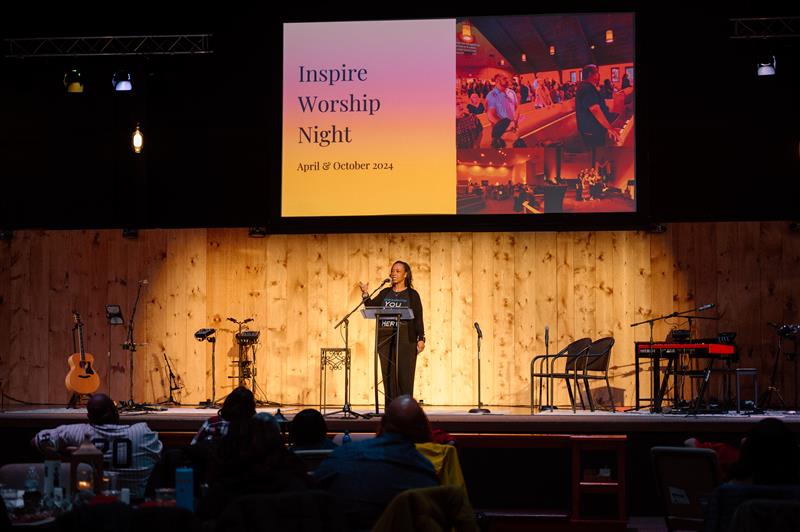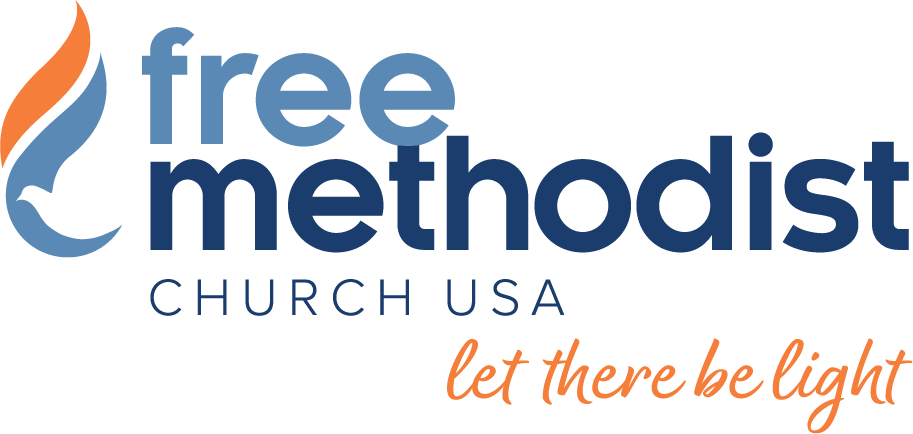The Free Methodist Way serves to inform us of what we stand for as members of the Free Methodist Church. But it also informs the world of our legacy as members of this historic denomination. Nowhere is that more evident than when a group of African American pastors and leaders were assembled in Indianapolis in 1999 to strengthen the presence of leaders of color in the FMC. Over 25 years later, the African Heritage Network (AHN) continues to gather every year for a time of worship, prayer, encouragement and the equipping of one another for the ministries we’ve been called to by God.
This year, the AHN Conference convened in Columbus, Georgia, at Christ Community Church. In attendance were FMC pastors and leaders from all over the United States gathering around the theme, “Healthy Leaders, Healthy Churches & Healthy Communities.” Main speakers addressed areas where we can be more effective as believers by attending to areas of self-care and sabbath, making our churches places where the Holy Spirit can move freely and loving our neighbors in our communities as we are commanded by Jesus.
“You cannot lead well if it isn’t well with your soul,” said Derrick Shields, the lead pastor of Christ Community Church and conference host. During this opening session, Pastor Shields shared his growth journey toward healthy leadership. As he further encouraged us to seek silence, solitude and sabbath as means of taking care of our souls, this session launched us into this year’s conference where we heard from panels discussing how to be healthy leaders and to promote healthy communities.
Also for the first time at our conferences, we heard from Greenville University students who shared from their perspectives how the church can be more effective in reaching younger generations.
For more than 25 years, the African Heritage Network of the FMC has served as a safe space where African American pastors and leaders find support and encouragement and also discover ways to help the church realize its goals of equity and diversity. The vision of the network is to help lead the Free Methodist Church USA to be established in its roots of inclusiveness of all people to know God as revealed in Jesus Christ and to make Him known. From an initial gathering of less than 20 pastors to a conference that is attended by 80–100 pastors and leaders from diverse backgrounds, the AHN serves the FMC to helps us understand the cultural distinctives important with communities of color so that we might truly experience the diversity and multicultural kingdom of God as expressed in Revelation 7.
Across our nation, we are witnessing the dismantling of programs and policies designed to correct the continued harm done by hundreds of years of slavery, segregation and discrimination. Now more than ever, it is important that those of us in the kingdom of God declare the value of all peoples. The FMC has an even greater opportunity today to commit to the inclusion of all in moving forward to be what God desires. We must never forget the importance of every believer and church body for the health of the whole FMC.
What is our part in seeing this vision come to pass? Simply put, we wrap our arms around marginalized groups and boldly declare that the kingdom of God is not healthy, whole and complete without them. In 1 Corinthians, Paul uses the analogy of a physical body to show us the importance of the body operating as a cohesive unit as well as what threatens the health of that unit. In 1 Corinthians 12:21, we see where one body part cannot say to another body part that it’s not valuable. In the body of Christ, we have to value the contributions and gifts of all believers of all backgrounds and experiences.
No one in the FMC is making any statement that we don’t need those who are a part of marginalized groups such as African Americans, Latin Americans, women or others. In fact, we say just the opposite! It’s hardwired into our DNA as a denomination founded by those opposing oppression. However, now is an ideal time to make our voices louder and bolder in our support of those who find themselves under great scrutiny and even persecution.
If we are going to truly see a Spirit-fueled movement flow throughout our FMC churches and communities, we need to value the voice of God as it is revealed through us all.
Fred TenEyck is the lead pastor of The Bridge in Kent, Washington, and the director of the African Heritage Network. He has also served as the church planter in residence at Rainier Avenue Church in Seattle and as the pastor of New Vision Fellowship Church in Forestville, Maryland.



